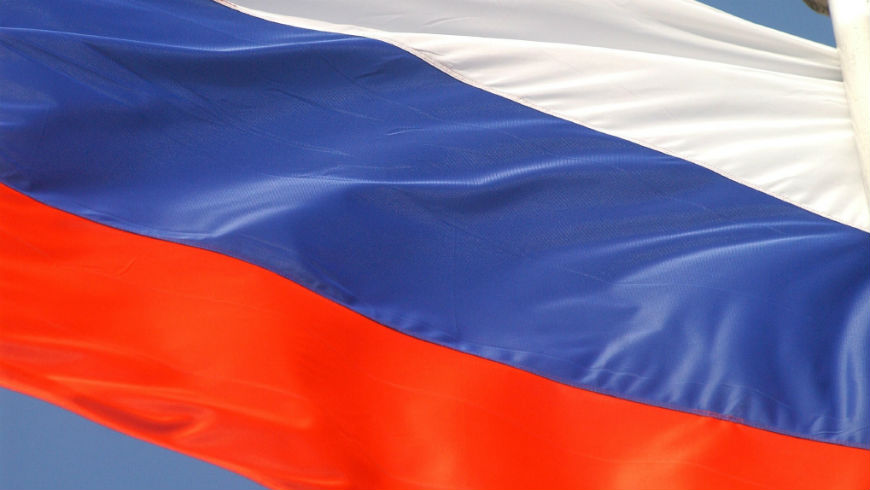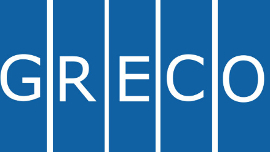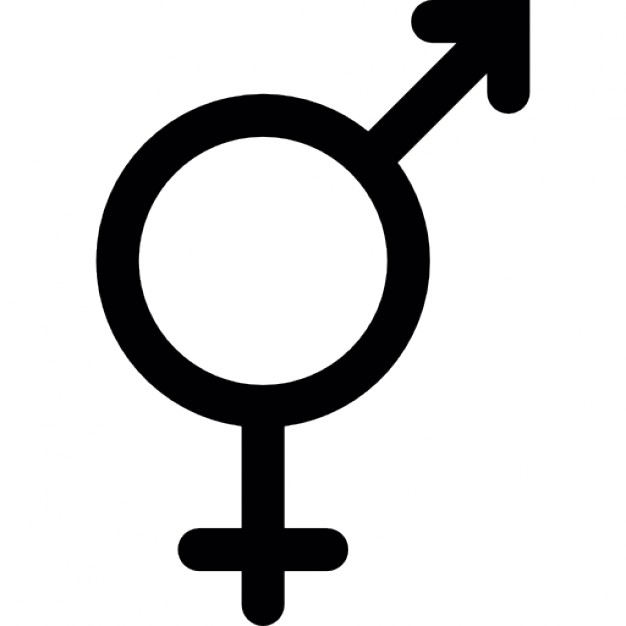The Council of Europe’s Group of States against Corruption (GRECO) has published a new assessment of the implementation by Russia of its recommendations on incriminations and transparency of party funding. Twelve recommendations (as compared to 11 during the previous assessment) out of 21 have been implemented satisfactorily, GRECO says.
The Council of Europe anti-corruption experts are disappointed with the decision to split the previous anti-bribery single draft legal act into two, “which may cast doubts over the robustness of the legal framework”. GRECO urged the authorities to swiftly address the outstanding recommendations, preferably through a single draft legal act.
On substance, the proposed amendments to the bribery-related provisions of the Russian Penal Code do not fully conform to the Council of Europe standards. For example, the provision on passive commercial bribery by managers and by domestic and foreign arbitrators only criminalises the “unlawful use”, not receipt, of any undue advantage. The provisions on the promising, offering or request to participate in commercial bribery exclude the elements of “requesting” an undue advantage; the offence of active public sector bribery lacks the elements of “promising” and “offering”, and the offence of passive public sector bribery that of “requesting” an undue advantage.
GRECO is satisfied nonetheless with the proposed removal from the Criminal Procedure Code of the rule whereby, in cases of private sector bribery where harm has been caused exclusively to the interests of a commercial organisation, it is only upon the application or consent of that organisation that the case can be prosecuted. Furthermore, the proposed extension from two to six years of the limitation period for basic active and passive bribery is welcomed. GRECO calls upon the authorities to spur on these efforts to address the outstanding recommendations.
As for the transparency of political funding, GRECO welcomes the establishment of a single cap for party entrance/membership fees and donations to parties by natural persons. The risks of using entrance/membership fees to circumvent the upper ceiling established for donations to political parties by natural persons, as well as of circumvention of the disclosure rules have thus been reduced.
With respect to the misuse of public office in election campaigning, GRECO requests more concrete information on the practical implementation of legislative provisions banning the abuse of public office in the electoral context, including during the 2018 presidential elections. GREGO says it has seen little evidence that systematic inquiries have been made into the widespread allegations of violations of these provisions.
Last but not least, GRECO underscores the importance of securing the election commissions’ independence from the executive in law and in practice as the key pre-requisite for proper administration of the electoral process and for demonstrating in a palpable, effective and determined manner their resistance to politically motivated manipulation and pressure. The authorities are urged to review the way in which commissions are appointed and to better safeguard the independence and impartiality of election commissions at all levels.
- Addendum to the Second Compliance Report of Third Evaluation Round on the Russian Federation
- Russian version of the Addendum (unofficial translation, as provided by the authorities of the Russian Federation)







